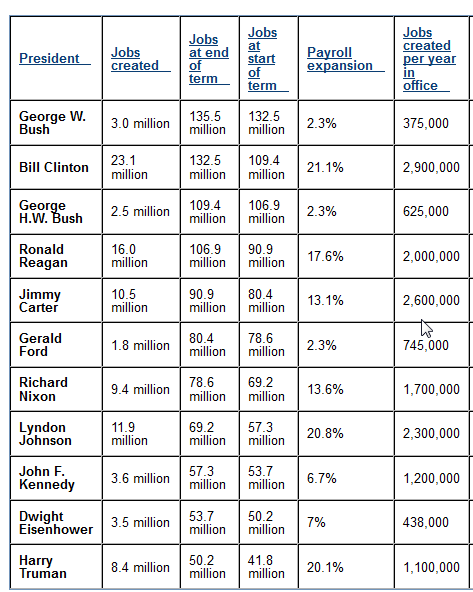Rinata
Gold Member
- Oct 5, 2009
- 6,790
- 973
- 153
1. First, Rin-Tin-Tin, that's Ms. DumbBroad to you!!
2. "... looking for some ridiculous reason to attack the president..."
Matthew 7:7 ...seek and you will find; knock and the door will be opened to you.
3. "...so that you can blow it completely out of proportion."
I believe that attacks by this empty suit on the free market and capitalism is a pretty big deal.
Don't you?
4. "Must be your need for attention."
Maybe a little....thanks for providing same.
5. "Your anti-Obama threads are getting more and more silly."
Hey....look at the bright side: you'll only have to put up with 'em for less than a month!
BTW....remember way back when you had an avi with the picture of the pretender in the people's house....and I asked when you were gonna get rid of it?Well...glad you listened to me?
This one is so much classier.
No, I don't. This is a perfect example of why I tell you to get over yourself. You are very forgettable. It's kind of sad. I might feel bad for you if I thought you had any redeeming qualities.
I look forward to the gift of your sympathy.
I might even return it November 7th.
Don't count on it. You have a better chance of growing a brain and that is not likely.






